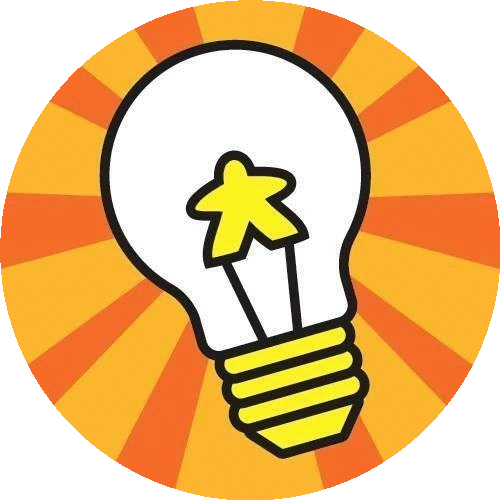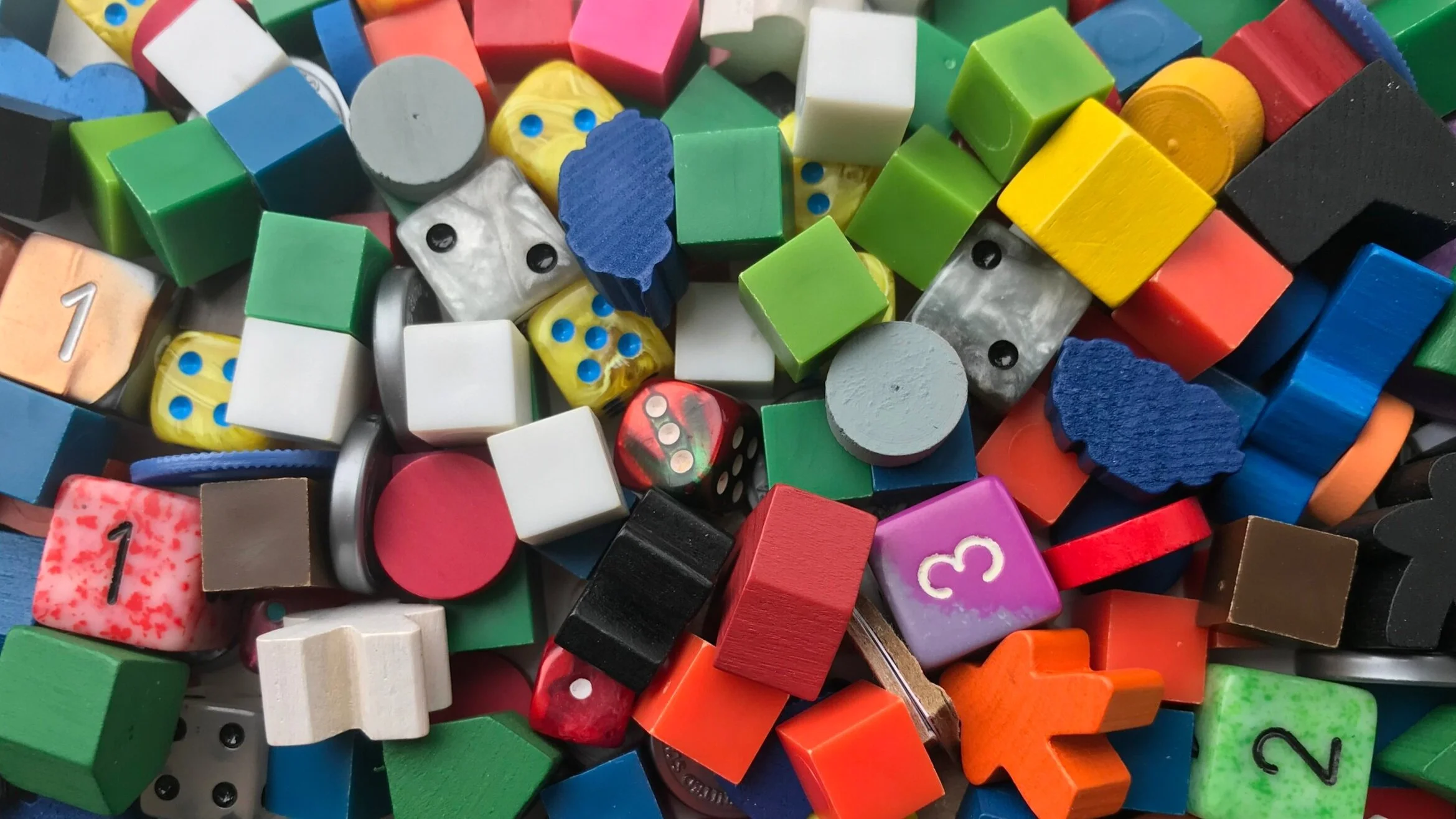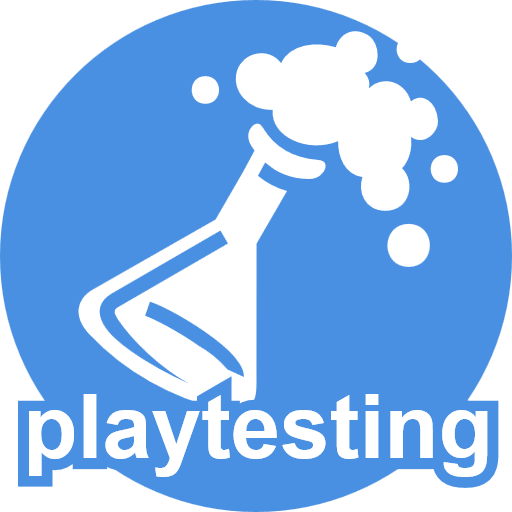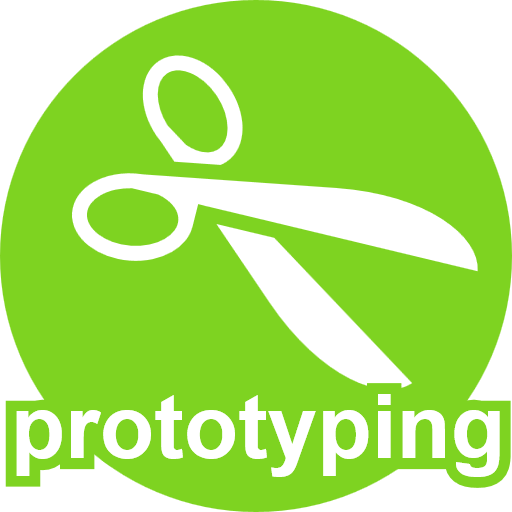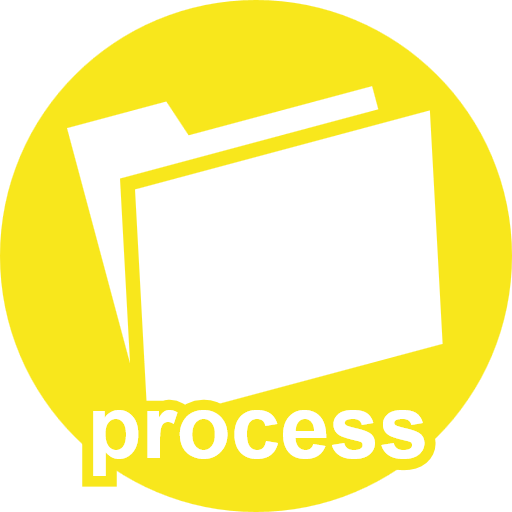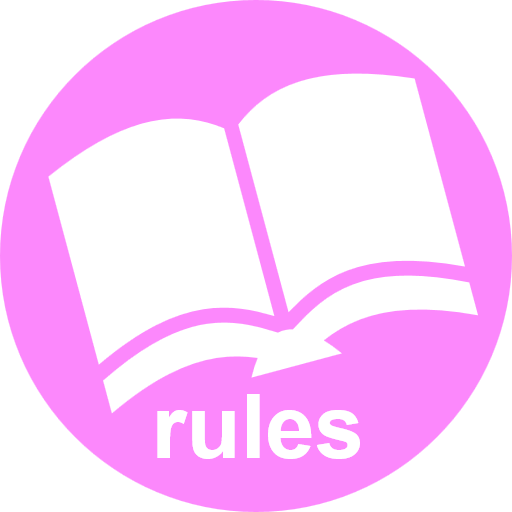A Chat With Phase Shift Games' Jason Miceli
/This interview was sponsored by Phase Shift Games as part of its support for the 2021 Cardboard Edison Award.
Tell us about Phase Shift Games and your role in the board game industry.
Hey there! I’m Jason Miceli, “Grand Geek Admiral” of Phase Shift Games! My partner Darrin and I have been super proud and fortunate to have hit the ground running with our first release, Dungeon Drop (40k+ copies in circulation), and we are now working on our next three titles.
We consider our place in the board game industry is one of extreme innovation. Phase Shift Games focuses on games that “shift a dimension” or otherwise push a dimensional envelope, in such a way as to create truly unique gaming experiences.
Tell us about the upcoming projects you have in the works.
We could not be more excited to be working on Dungeon Drop’s spiritual successor, Drop Drive! Set in a vibrant science-fiction universe, Drop Drive shares the core “drop-style” mechanic first introduced by Dungeon Drop, but following that initial “big bang” setup, the two games diverge entirely.
Drop Drive offers a full sandbox game experience, playable in under 30 minutes. Mine asteroids, shuttle strange passengers, collect alien specimens, and battle pirates... all within an infinitely randomized solar system!
What advice would you give a designer who wants to have a game published by Phase Shift Games?
As mentioned earlier, we focus on games that shift a dimension in some way. So many board games are relatively flat: boards are flat, cards are flat, tokens are flat, etc. The most dimensionality you typically see from many board games is cubes, pawns, or miniatures that pop up from the table a bit. But what about all that empty 3D space above the table that’s relatively untapped? Dungeon Drop, and soon Drop Drive, play with that space quite a bit.
Then there’s the dimension of time (and space)… most board games are meant to be played in one sitting, while all players are in the same room. How can those dimensions be shifted? Can a game be played in two separate rooms simultaneously? Can a game be played while some people aren’t even in the same building? Can a game be played over a much longer period of time, say weeks or months (yes, legacy games ended up filling this dimensional goal, in an awesome and innovative way!)? Can a game be played asynchronously, but still bring the same (or better!) gaming experience?
What about environmental shifts? Perhaps games that are designed to be played outdoors, or while at the supermarket? What about games that are best played while sitting on your couch in a living room, rather than the dining room table, but don’t devolve into simple “party games”? Is there a viable way to better blend technology with tabletop gaming? Thus far this has been a fairly difficult space to play in, but we are keenly looking out for innovative ideas here too!
And so on. We really push to think outside the normal boundaries, to find games with super unusual hooks.
What is something that designers and publishers should be thinking about more?
I think the bar keeps raising higher and higher in terms of expectations for production quality and experience uniqueness. With the abundance of new games hitting the market every day, it’s easy to get lost in the shuffle. There are so many derivative games that just feel “samey.” Designers and publishers should set their sights higher than simply repeating a popular game model or mechanic, such as deck building or area control. Of course, this is no easy task—with the magnitude of games that are out there, it’s super difficult to think up something TRULY new and different! Still, that must be the ultimate goal.
What is one thing you think we'll see more of in the games industry in the coming year?
Well, Covid hit us all pretty hard, especially smaller publishers, and that will have lasting impacts. I think there was a big shift to solo and two-player games, as well as roll & write games that can often be played over Zoom.
Then manufacturing costs and the cost of raw materials rose significantly… and then the global shipping crisis hit us. This will likely result in us seeing more or less of certain types of game components, and critically I suspect the standard size of boxes will start to change. I think we’ll see fewer game boxes with tons of wasted space inside (even though U.S. consumerism generally prefers bigger boxes on the shelves—because, of course, a bigger box means it’s worth a higher price, right? <eyeroll>).
It’s hard to predict right now, since we still have yet to see what the “new normal” will be, but one way or the other our world will continue to change in fundamental ways.
For us at Phase Shift Games, we had already established an adorable, cubical box for our current line of games, which allows us to absorb some of these shipping implications. That said, we also have dreams of putting out “big box” games too… but now is not the time for us to make that particular shift.
It also stands to reason that the landscape of gaming conventions will change significantly. While we’re all glad in-person cons are starting back up again, I suspect we’ll see fewer vendors offering hands-on demos. Mask mandates will make some game explanations harder. Distance requirements between booths and the size of walkways will mean less vendors. Capacity limitations will mean less attendees. At least for the next year or so, conventions will likely feel very different.
Regardless, Phase Shift Games, like many others, is super eager to get back out into the community and share our passion and love for gaming! If everything goes according to plan, we will be exhibiting at Essen and Pax Unplugged this year, so please do stop by our booth and check out the latest on Dungeon Drop, Tavern Tales, and Drop Drive!!!
